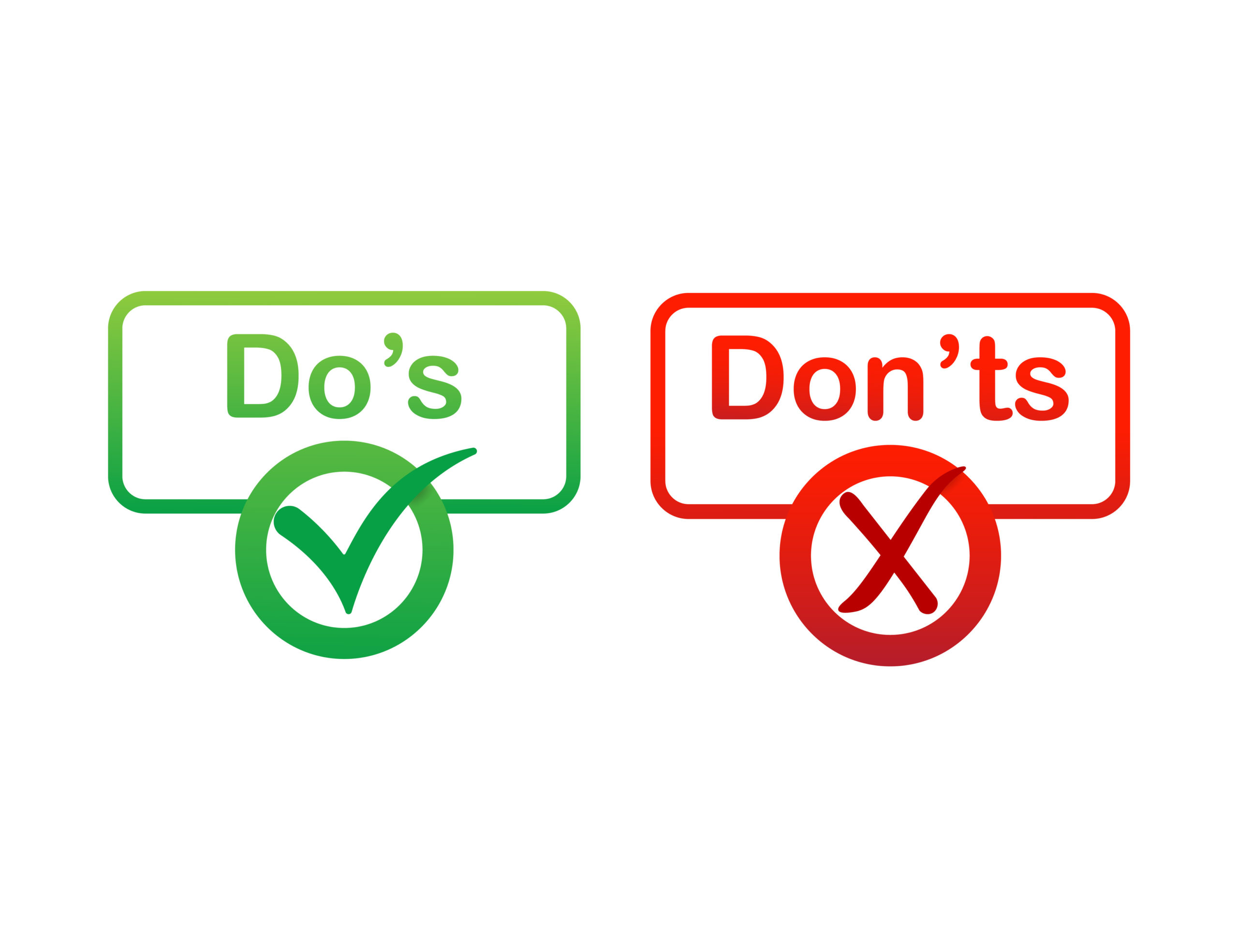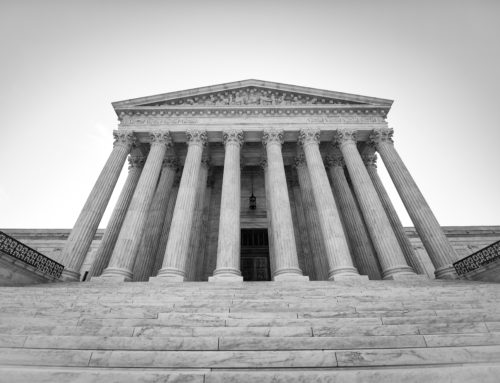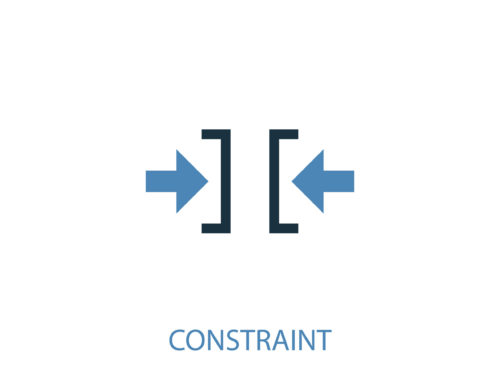AHPRA often prosecutes matters in the Magistrates Courts but these decisions are rarely reported and Magistrates Court decisions are not published.
In Chhaya v AHPRA [2022] QDC 5 published on 25 January 2022, some insight was gained into the prosecution of a medical corporate.
Section 116(2)is a holding out provision applicable here in that a company had been found guilty ( no conviction was recorded on the single count) of having held out a person to be a health practitioner who was not a health practitioner.
In the Magistrates Court thirteen of the fourteen charges brought by AHPRA were dismissed – AHPRA secured one count which was the subject of this appeal to the District Court.
The charges were brought under subsection 116(2)(c), which provides:
(2) A person must not knowingly or recklessly—
(c) claim another person is registered under this Law, or hold the other person out as being registered under this Law, if the other person is not registered under this Law; or
…
The maximum penalties had been recently increased.
Maximum penalty—
(a) in the case of an individual—$60,000 or 3 years imprisonment or both; or
(b) in the case of a body corporate—$120,000.
The subject non registrant was an overseas trained doctor who was undertaking a clinical observership.
Many of the charges were not evidenced by direct evidence from any patients and were dismissed.
The onus of proof on AHPRA and the burden was to prove the facts beyond reasonable doubt rather than the balance of probabilities.
In relation to two other charges, the magistrate held that there was reasonable doubt by way of the defendants explanation that for example a receptionist although instructed not to do so represented that the non registrant was a doctor in one charge and another that defendants did not know of the possibility of a consultation occurring without their knowledge.
As to the charge that was the subject of the appeal, the Court found that:
[52] With respect to the consultation with Ms Dupreau and her child, Dr Bhavana heard Mr Kiru’s assessment, lent him her stethoscope, and allowed him to return alone to the patient. Even if her actions amounted to supervision, as the learned magistrate recognised, that was not the issue. The conduct amounted to holding out Mr Kiru as a registered practitioner.
[53] Even if it was for the company to delegate to the clinical observer, in the absence of a supervising doctor, the duty to inform the patient and seek consent, Mr Kiru’s omission does not, in all the circumstances of the case, excuse the appellant’s recklessness.
[59] The submission that the magistrate’s emphasis on presence as a requirement of supervision led to error is not well founded. The magistrate’s repeated reference to the possibility that Mr Kiru was not alone with the patients in the other charges was relevant to the prosecution’s failure to exclude exculpating inferences. It was in that way that the “course of conduct” case the prosecution led failed. The exception was count 11, where the exculpating possibility was excluded by the evidence of the patients and the absence of Dr Bhavana. The evidence of the patients confirmed the holding out and Dr Bhavana’s evidence confirmed the recklessness.
The appeal was dismissed and the sole conviction was not disturbed.
Health Practitioners who allow ‘observerships’ need to be careful that they do not hold out deliberately or recklessly. Observers need to be identified as such. To not do so could allow the public to possibly be ‘treated’ by non registered health practitioners.
(The Courier Mail reported in February 2021 that Chhaya Medical Services Pty Ltd, trading as Greenbank Pioneer Health, was fined $6000 in Beenleigh Magistrates Court on Wednesday after being sentenced for the single count of contravening s116(2)(c) of the Health Practitioner Regulation National Law……. The court was told AHPRAs commencement of legal action and stringent conditions imposed on the practice since February 2019 has resulted in the marked reduction of its ability to see patients…)





